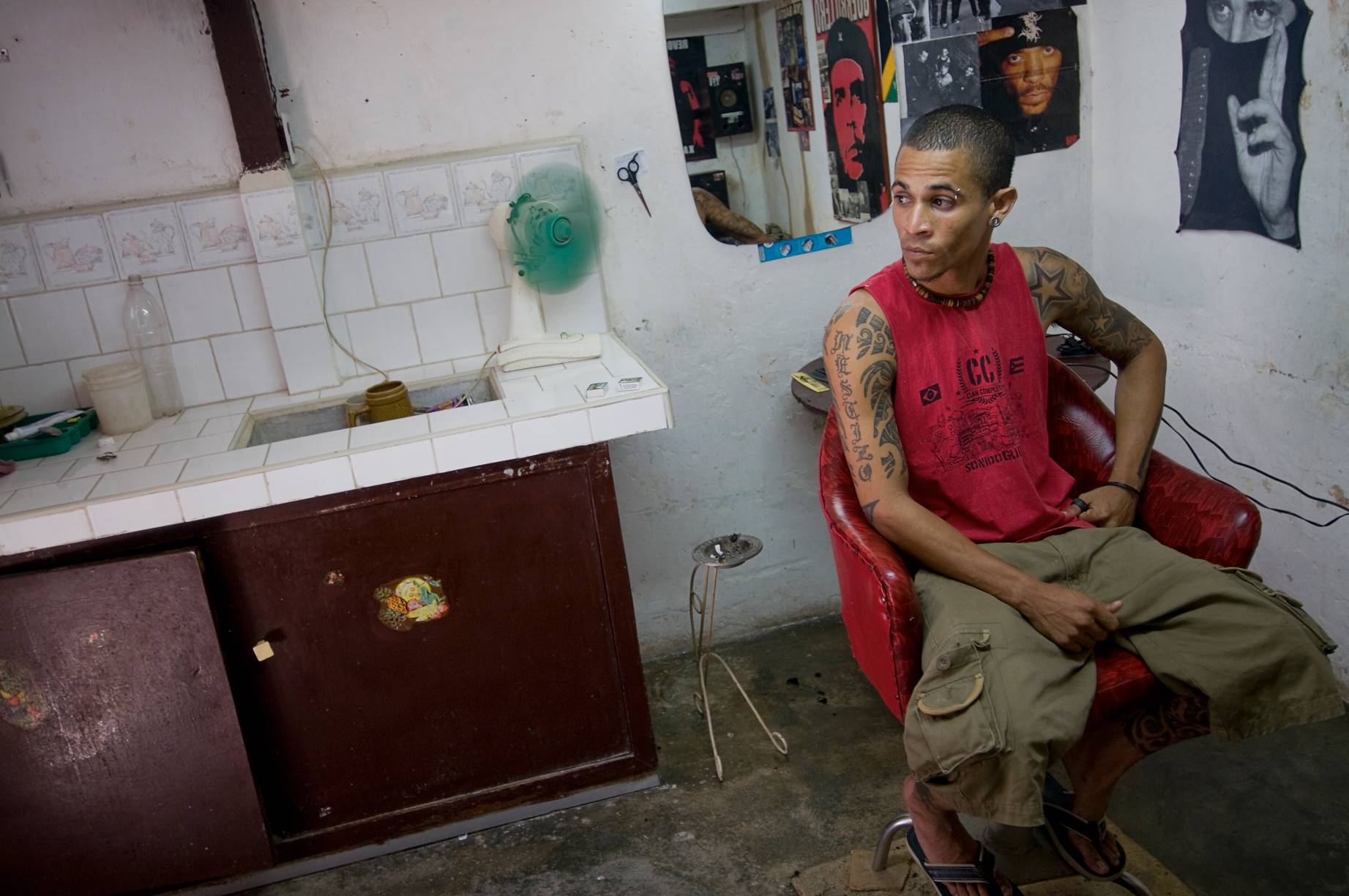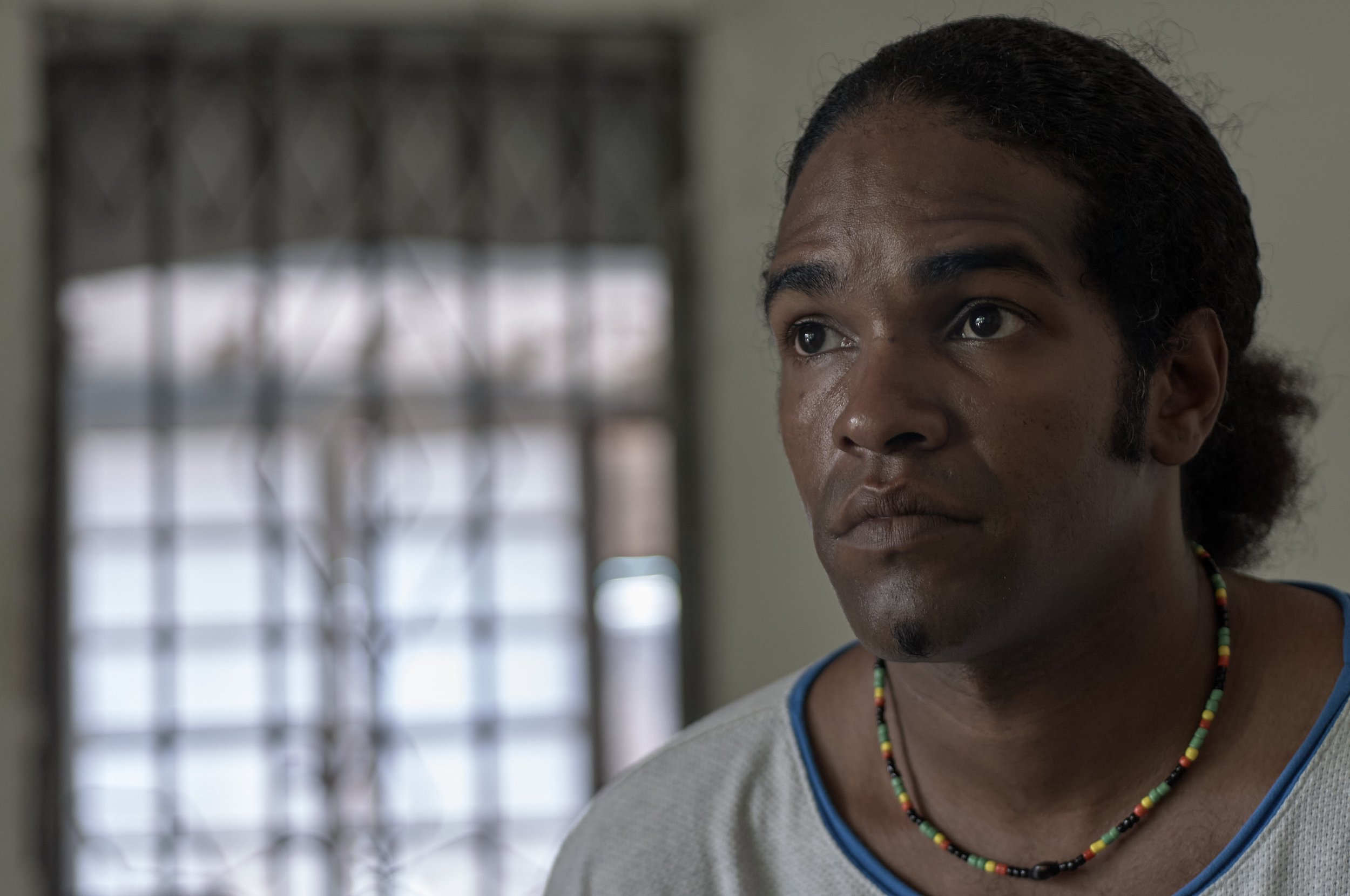




















Towards the end of 2014 United States President Obama announced that America would restore full diplomatic relations with Cuba, more than 50 years after President Eisenhower imposed a trade embargo on Cuban exports during the cold war. What this means for the future of Cuba is uncertain, but it will no doubt mean that change is inevitable.
Cuba and the US have had a long-standing love/hate relationship but in it's cultural heritage, especially through music, Cuba has managed to bridge any divisions and reach a truly international, even global audience.
When you think of Cuban music, you think of the wealth of fantastic talent that has come out of Cuba over the years - artists like Willie Colon, Celia Cruz, Irakere and Buena Vista Social Club. Nowadays, there is a big Reggaeton scene in Cuba (as there is elsewhere in Latin America) but what many people don't associate with the island is a flourishing Rap and Hip Hop scene. Perhaps typical of Cuba, this American import has been enthusiastically adopted by Cubans and is steadily increasing in popularity. In 2002 the Cuban government recognised the significance of the Rap music scene and even provided a degree of endorsement through a Ministry of Culture sponsored record label to promote local artists.
However, not all Cuban Rap artists are so enthusiastic about what they see as the State sponsored, somewhat sanitised version of their art form. Alongside the officially recognised Rap scene there exists a slightly more subversive, slightly more critical scene. Ironically, a lot of the artists aren't anti government or anti communist, but simply critical of the state and its methods of control.